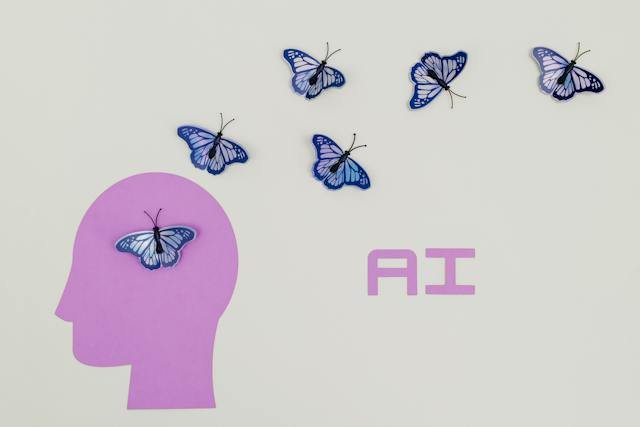Understanding the Impact of AI on Global Employment is important to deal with the revolutionary period that artificial intelligence is greatly influencing.
The integration of artificial intelligence (AI) into the global economy holds the potential for extraordinary productivity, economic development, and higher incomes, as highlighted by Kristalina Georgieva, Managing Director of the International Monetary Fund (IMF).
The necessity for an anticipatory approach that addresses the hazards associated with AI while acknowledging its potential can be seen in worries about job loss and growing inequality.
In this article, I’m going to reveal how AI revolutionizes industries and transforms the global job hemisphere. Stay tuned for insights and revelations.
Reshaping the Nature of Work: Understanding the Impact of AI on Global Employment
The IMF’s recent analysis delves into the potential impact of AI on the global labor market, recognizing its complex ramifications.
Approximately 40% of global employment is deemed exposed to AI, with advanced economies facing higher risks and greater opportunities compared to emerging markets.
In advanced economies, nearly 60% of jobs may be affected by AI, presenting a contrast of potential benefits and risks.
Half of the jobs could experience increased productivity, while the other half faces potential displacement, lower wages, and reduced hiring.
Inequality Challenges
AI exposure in emerging markets and low-income countries is expected to be 40% and 26%, respectively, indicating fewer immediate disruptions.
However, the lack of infrastructure and skilled workforces in these regions poses a risk of widening global inequality over time.
Within countries, AI could contribute to income and wealth polarization, favoring workers adept at leveraging AI while potentially leaving others behind.
Understanding the Impact of AI on Global Employment
The challenges posed by AI on global employment necessitate a deeper understanding of its multifaceted impact.
It is imperative to recognize the potential exacerbation of inequality and take proactive measures to prevent AI from widening societal divisions.
Proactive Policy Recommendations
The IMF asks governments to provide extensive social safety nets and retraining programs in order to guarantee a fair AI change while acknowledging the possible obstacles.
The group stresses the significance of taking preventative action to stop AI from escalating already-existing disparities.
Ensuring fair salaries, addressing the possibility of labor displacement, and offering avenues for skill enhancement are all components of comprehensive policy.
AI Preparedness Index
The IMF created the AI Preparedness Index, which assesses preparedness in areas including digital infrastructure, human resources, innovation, and regulation, to help nations create effective policies.
Richer economies are typically better suited for adopting AI, such as those in Singapore, the US, and Denmark.
Advanced economies can employ the index as a tool to incentivize AI innovation while creating strong regulatory frameworks.
A workforce with digital competency and basic investments in digital infrastructure should be the main priorities for emerging economies.
In Summary
Understanding the Impact of AI on Global Employment is not just a theoretical exercise but a crucial step in shaping policies for a future where AI plays a central role in the global economy.
The International Monetary Fund stresses the need for inclusive policies to manage this revolutionary period as AI quickly permeates industries worldwide.
A comprehensive strategy that takes into account potential obstacles supports active legislative actions, and promotes a global environment where the advantages of AI are distributed fairly is needed to guarantee that AI provides wealth to everyone.
A successful and peaceful world future will be built on a commitment to fair growth in the face of unheard-of technological advances.






